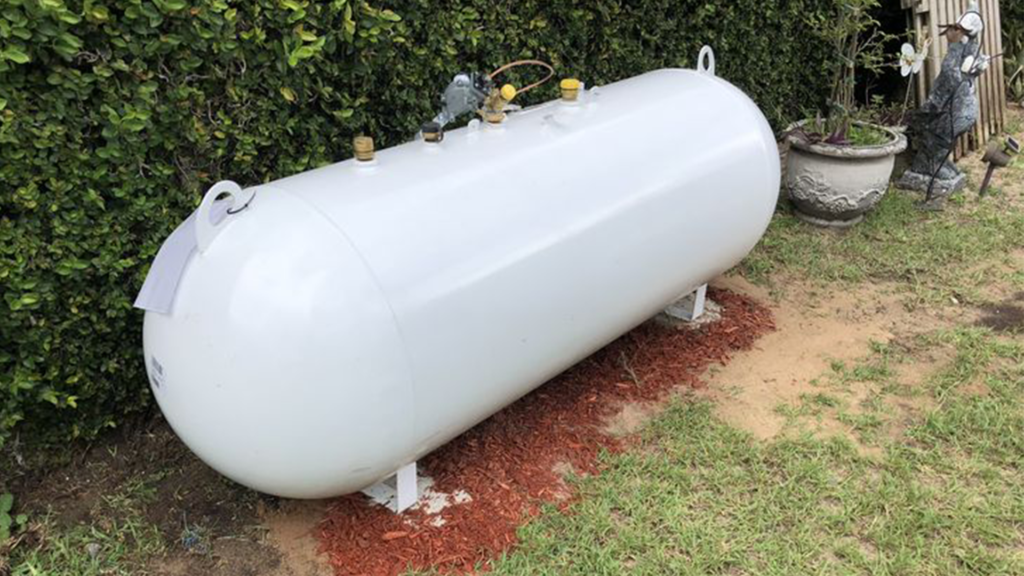Did you know that propane is being used on farms as well? Farming is a demanding industry that requires reliable and efficient energy sources. Propane acts as a versatile and cost-effective fuel, so it has become a staple on farms across the country. Propane’s uses are diverse and essential for modern agriculture, some of which include heating greenhouses, powering irrigation systems, and many other propane powered activities. This blog highlights the various applications of propane on the farm and why many farmers consider it an indispensable choice.

Heating and Drying
The primary use of propane on the farm is for heating. It is harder to maintain the temperature in livestock barns and greenhouses during the colder months. Propane heaters provide consistent and controllable warmth that ensures that animals and plants survive regardless of the outside weather. Farmers looking for a reliable propane supplier can search for “propane delivery near me” to find local propane companies that offer timely deliveries so their operations at the farm never stop.
Grain drying is another critical application. After harvest, grains need to be dried to the appropriate moisture level to prevent spoilage. Propane-powered grain dryers provide consistent heat that speeds up the drying process. It also reduces the risk of mold growth. Searching for “propane tanks for sale” can help farmers find the best propane tank options to meet their needs.
Irrigation and Power Generation
Irrigation is a necessary requirement for crops to grow healthy. During dry spells, irrigation becomes a necessity. Propane-powered irrigation engines are a popular choice because they are efficient, cost-effective, and environmentally friendly. The engines help in spraying water evenly across the fields so crops receive the necessary hydration they need. Farmers can look for “propane tank refill” services to ensure their tanks are always full and ready for use.
In addition to irrigation, propane is also used for power generation on farms. Propane generators provide a reliable backup power source during outages. This way, important machines like milking machines, refrigeration units, and lighting remain operational.
Pest Control and Weed Management
Propane is also utilized in pest control and weed management through flame weeding. This method involves using propane-fueled torches to eliminate weeds without using harmful chemicals. Flame weeding is effective, environmentally friendly, and can be used in various crop settings.
Cooking and Refrigeration
On many farms, especially those with agritourism components like farm stays or farm-to-table dining, propane is a key player in cooking and refrigeration. Propane-powered refrigerators and freezers can be relied upon to keep produce and dairy products fresh. Propane stoves and ovens are also commonly used in farm kitchens, providing consistent heat for cooking large meals.
Fuel for Farm Vehicles and equipment
Propane serves as an excellent fuel for farm vehicles and equipment. Tractors, mowers, and other machinery can use propane instead of gasoline and diesel. This switch not only reduces emissions but also often leads to lower maintenance costs due to propane’s cleaner-burning properties.
Environmental Benefits
Propane is a low-carbon alternative to other fossil fuels. It produces fewer greenhouse gas emissions. This makes it a popular choice for farmers looking to reduce their environmental footprint. Additionally, propane is non-toxic and poses no threat to soil, water, or ecosystems, making it a safe choice for farms focused on sustainability.
Conclusion
The versatility and efficiency of propane make it an invaluable resource on the farm. Propane’s applications are vast and varied on a farm. Ensuring a steady supply of this vital fuel can significantly enhance your farm’s operation. With its environmental benefits and cost-effectiveness, propane is set to remain a cornerstone of agricultural energy solutions for years to come.


